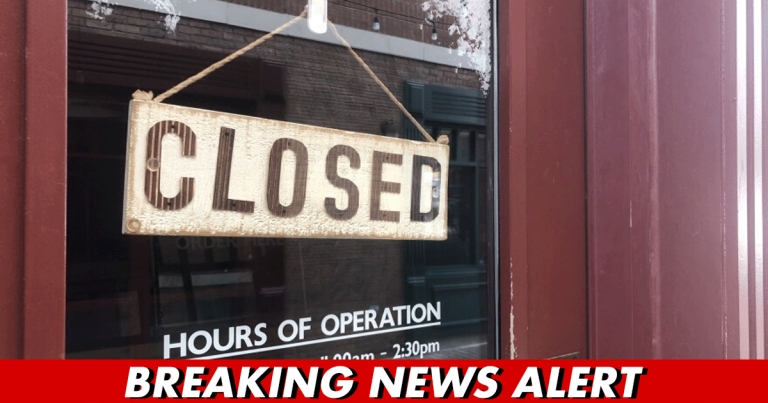
When politicians promise they can rewrite the laws of economics with the stroke of a pen, hardworking Americans should brace for impact. You’d think they’d learn by now. Time and again, we’ve watched well-intentioned lawmakers craft policies that sound compassionate in committee hearings but crumble when they meet reality. The latest casualty in this ongoing war against basic economics comes courtesy of California’s progressive leadership.
Here we go again. The Golden State has long served as a laboratory for radical left-wing policies. From sanctuary city mandates to environmental regulations that drive businesses away. But California’s latest experiment in government-knows-best economics has delivered results so devastating that even liberal economists are struggling to spin the numbers. When politicians decide they can mandate prosperity through wage controls, the market teaches very expensive lessons.
In September 2023, California Governor Gavin Newsom signed AB 1228 into law. This wasn’t about helping workers—this was about buttering up progressive voters before election season. The legislation created a new “Fast Food Council” with broad power to set wages for restaurant workers. It mandated a $20 minimum wage for fast-food employees at chains with 60 or more locations. That’s a whopping 25% jump from the previous $16 rate. Supporters promised the law would lift workers out of poverty and demonstrate California’s commitment to economic justice.
The results? A complete disaster. According to a study published this month by the National Bureau of Economic Research, California’s wage mandate eliminated 18,000 jobs across the fast-food sector. That’s a staggering 3.2% decline compared to other states. While fast-food employment actually increased in the rest of the country, California saw jobs disappear faster than you can say “would you like fries with that?”
From The Post Millennial:
A newly published economic analysis has found that California’s 2023 fast-food minimum wage hike has led to the elimination of thousands of jobs across the sector.
According to a working paper released this month by the National Bureau of Economic Research (NBER), employment in California’s fast-food industry dropped by 18,000 jobs after the new $20 minimum wage took effect in April 2024—a 3.2 percent decline compared to other states, according to Fox News.
Economic Reality Strikes Back
The Heritage Foundation’s Rachel Greszler didn’t hold back when analyzing this predictable mess: “When it comes to central planning, history keeps the receipts: Wage controls never work. That’s because policymakers can set wage laws, but they can’t outlaw the consequences.”
I’ve watched this same story play out countless times. Those consequences reflect basic principles that no amount of progressive wishful thinking can overcome. When government artificially raises the cost of labor above market rates, businesses face simple math. Workers who don’t generate enough revenue to justify their new mandated wages become unaffordable. The math is brutal. And 18,000 Californians learned this lesson the hard way.
Here’s what makes California’s job losses even more striking. This wasn’t a sweeping minimum wage increase affecting all workers. It targeted only large chain restaurants. Yet even this narrow intervention produced massive job losses. Makes you wonder what would happen with broader “living wage” mandates, doesn’t it?
The Experts Were Right All Along
Austrian economist Ludwig von Mises saw this coming decades ago. He observed that economists serve as a reality check against political promises. Politicians, Mises warned, prefer “nice-sounding slogans” over economic evidence. This makes economists “always the mischief-maker” in the eyes of politicians who just want to sound good.
California’s experience proves Mises right once again. While Newsom and his allies celebrated their compassionate legislation with photo ops and press releases, the actual workers they claimed to help were quietly losing their jobs. The economic research was crystal clear—decades of studies show negative employment effects from minimum wage increases. But California’s progressive leaders chose political theater over economic reality.
Key Takeaways
- California’s $20 minimum wage mandate eliminated 18,000 fast-food jobs in less than a year
- Government wage controls consistently fail because politicians cannot override basic economic laws
- Well-intentioned progressive policies often harm the very workers they claim to help
- Other states should learn from California’s expensive lesson before implementing similar mandates
Sources: The Post Millennial, The Daily Economy


